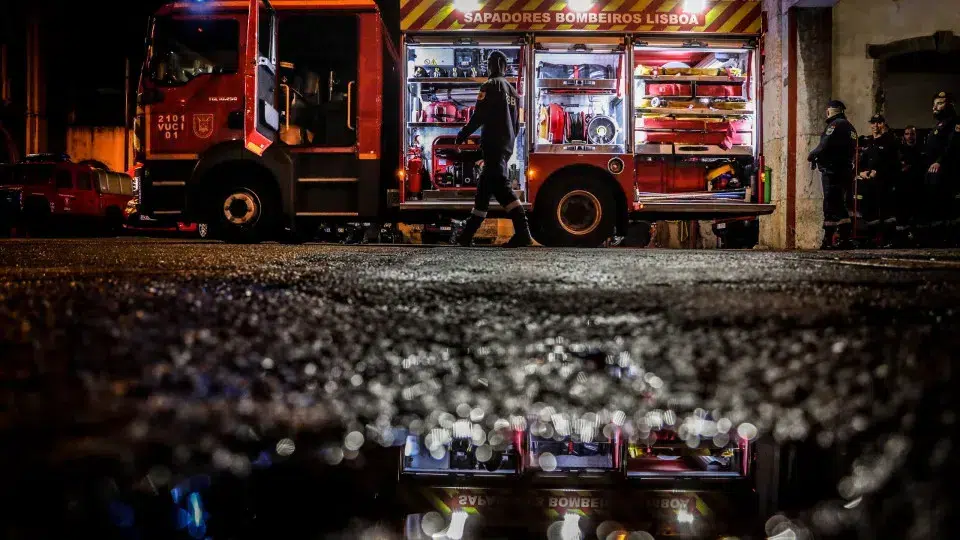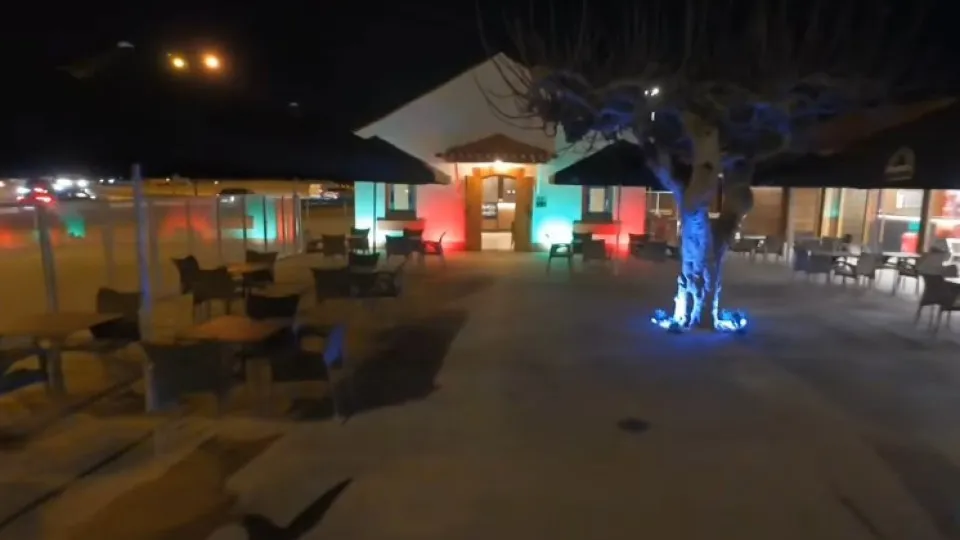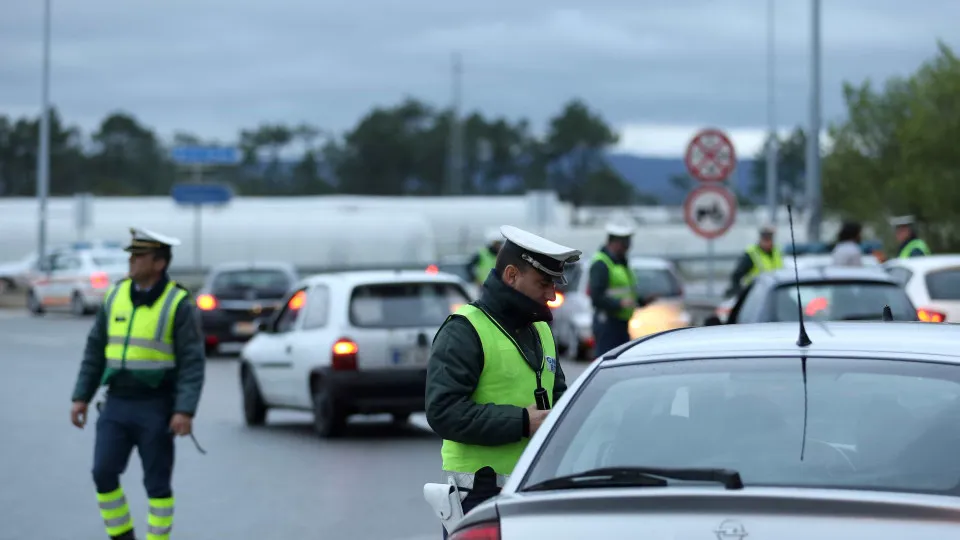
The president of the National Union of Professional Firefighters (SNBP), Sérgio Carvalho, indicated that during the strike period, which began at midnight, minimum services will be provided to ensure public safety in the city.
The strike will affect services such as prevention inspections and pavement cleaning, among other services that do not compromise emergency response.
In terms of professional training, only the courses related to the promotion of RSBL firefighters will be guaranteed.
The SNBP president stated that the strike, continuing until December 17, “will only stop” when he is received by the Mayor of Lisbon, Carlos Moedas (PSD).
The reasons for the firefighters’ strike include the lack of individual protective equipment, a shortage of personnel, vehicles without crews and some vehicles lacking specific equipment for several years, as well as facilities with “inadequate living conditions.”
Sérgio Carvalho also noted that the firefighters are providing a daily 24-hour prevention service at the Santa Maria Hospital heliport, and “so far, nobody knows the protocol established between RSBL, the Lisbon City Council, and the hospital.”
“There are 18 men from three fire stations in Lisbon who are on standby at Santa Maria 24 hours and we do not even know the benefits the municipality receives for a prevention service performed by RSBL vehicles and firefighters,” he explained, pointing out that in other hospitals and regions of the country, this service is compensated to the providing entities “with quite considerable amounts.”
According to the union, the regiment “cannot provide a free service to the Ministry of Health when it is a prevention service and not emergency response.” The precautions related to landings and takeoffs at the Santa Maria Hospital heliport will be affected by the strike, as they are a prevention service.
On Wednesday, the National Union of Professional Firefighters filed a complaint with the General Inspectorate of Finance against the City of Lisbon, highlighting “serious shortcomings” in the management of the regiment, namely the lack of individual protective equipment.
In a response sent to Lusa, a source from the Lisbon City Council stated that “in terms of vehicles and equipment, there was an investment of about eight million euros, equipping the RSBL to respond to situations of high complexity and risk.”
“Regarding improvements in working conditions, it is noted that works valued at 450,000 euros have been carried out in various fire stations. The public tender process for acquiring 300 winter jackets and 230 rain suits for RSBL operatives has also been completed,” said a source from the Moedas-led executive, re-elected in October.




